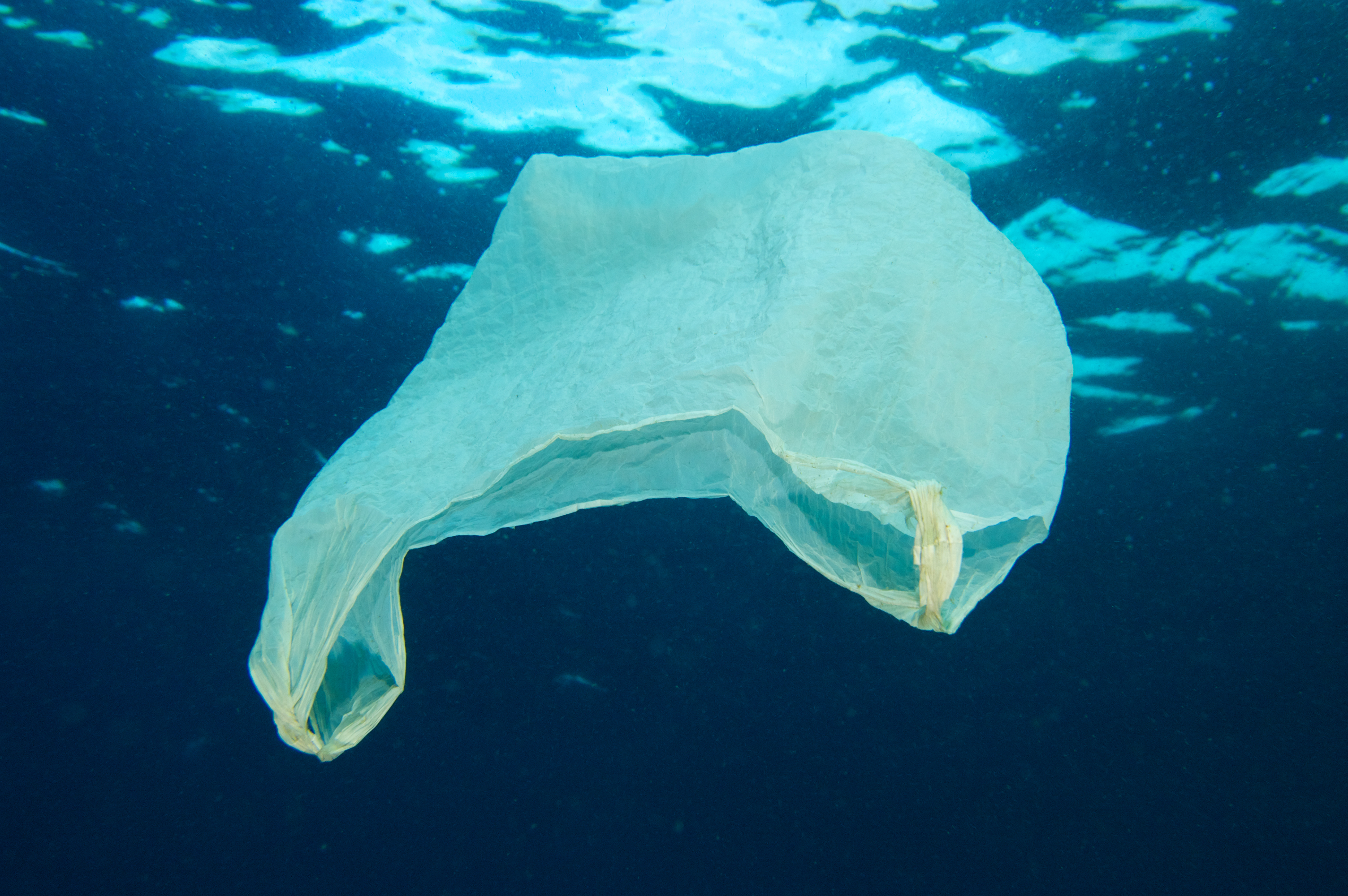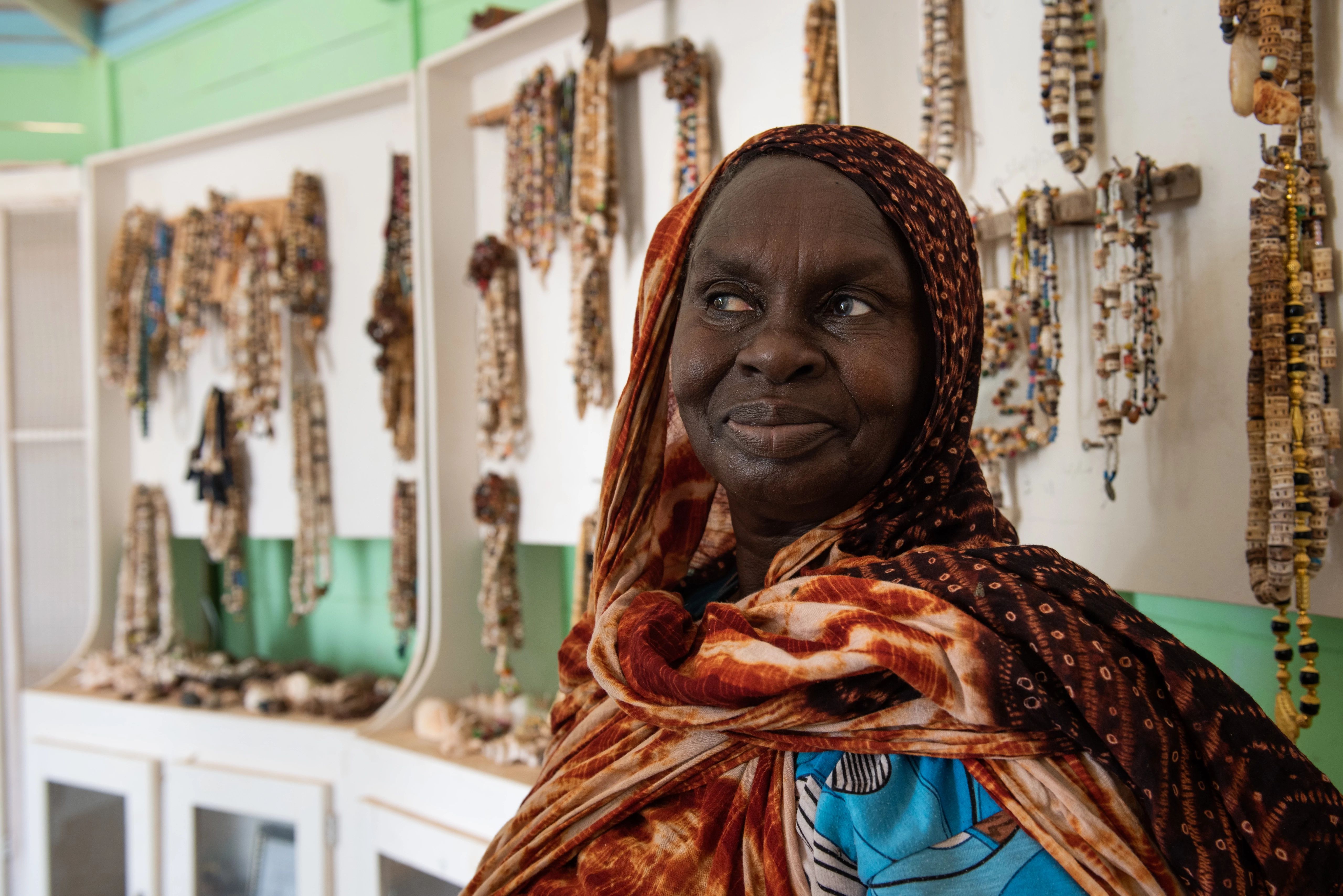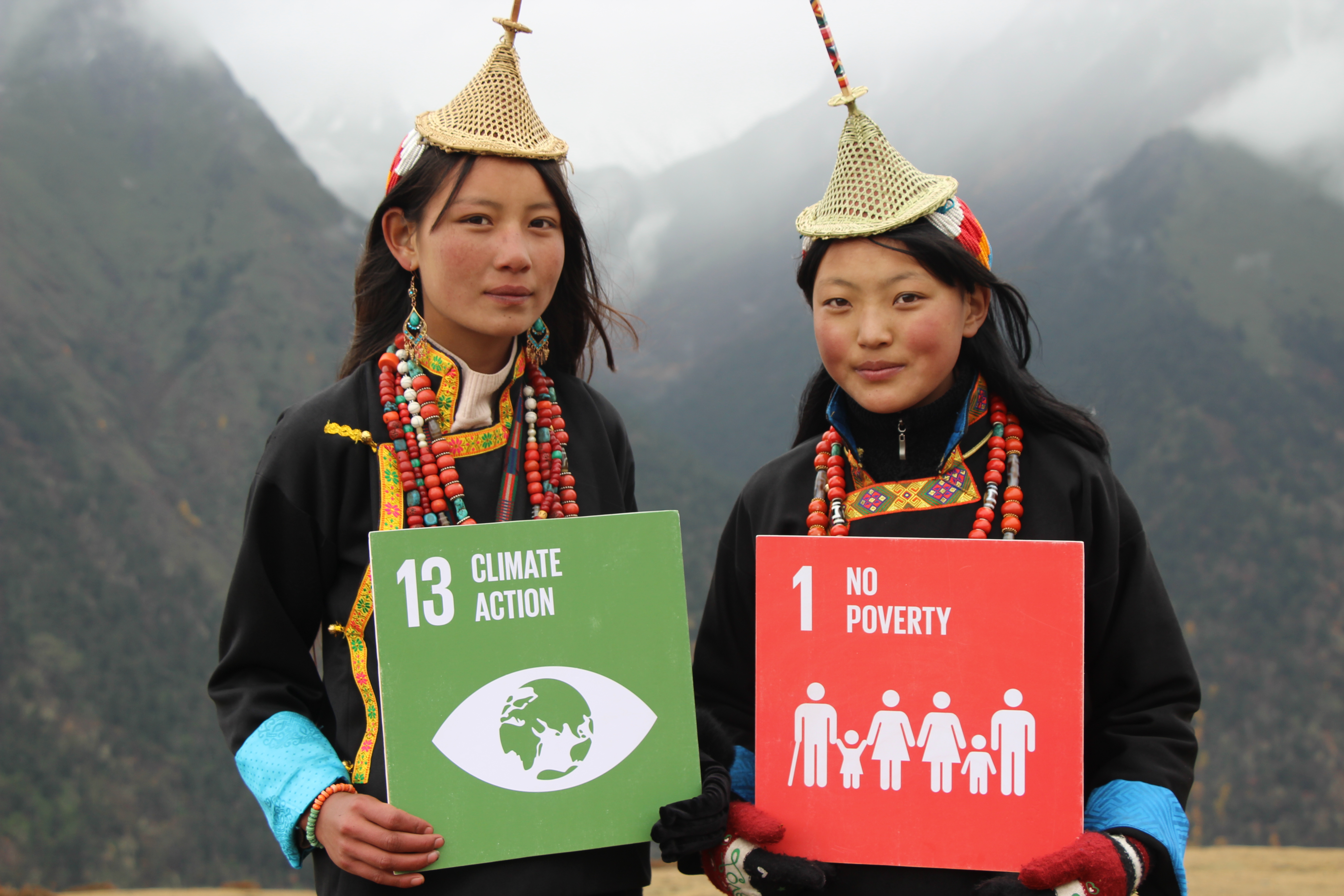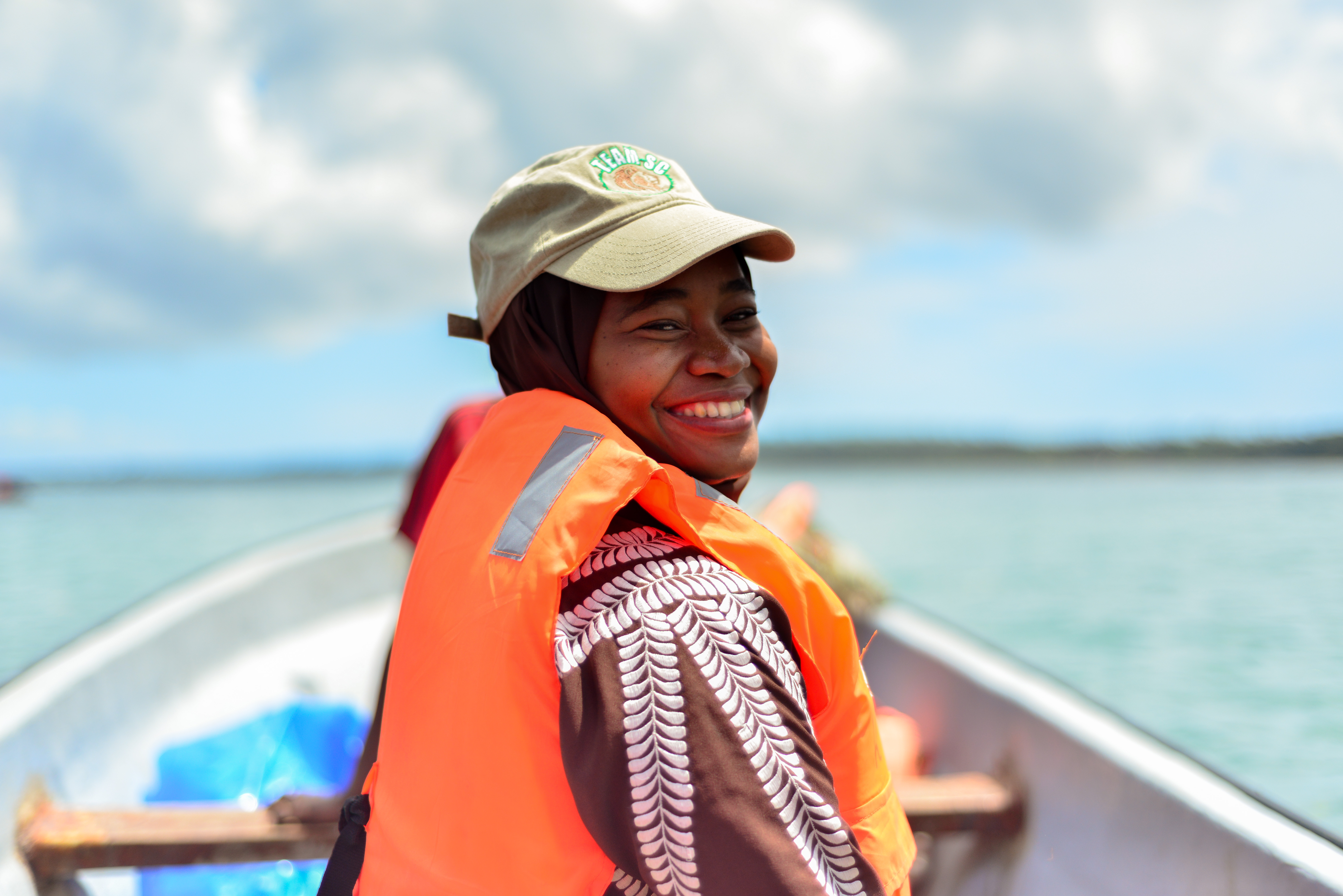12 tips to make your vacation more sustainable
Make memories, take photos and leave only footprints
September 26, 2022

One of the world's the fastest growing economic sectors, tourism holds opportunities for all if conducted sustainably.
Travel enriches, brings joy and broadens our horizons.
Around 1.4 billion people travel each year for tourism purposes. Travel and tourism connect people and bring the world closer through shared experiences, cultural awareness and community building.
Tourism is one of the fastest growing economic sectors in the world, generating opportunities for all. It spurs development of a region and is a key driver for socio-economic progress while contributing directly to the Sustainable Development Goals.
But tourism also has a downside. Many popular destinations are threatened by increasing pollution, environmental hazards, damage to heritage sites and overuse of resources.
Wherever we go, let’s remember to make good memories and be responsible visitors so future generations can experience all the beautiful things our planet has to offer in the same way we did.
Here are 12 ways to be a good guest.
1. Ditch single-use plastics.
Often used for less than 15 minutes, single-use plastic items can take more than 1,000 years to degrade. Many of us are switching to sustainable options in our daily lives, and we can take the same attitude with us when we’re on the road. By choosing reusable bottles and bags wherever you go, you can help ensure there is less plastic waste in the ocean and other habitats.

Often used for less than 15 minutes, throw-away plastics remain in our environment for hundreds of years.
2. Be water wise.
On the whole, tourists use far more water than local residents. With a growing number of places experiencing water scarcity, the choices you make can help ensure people have adequate access to water in the future. By forgoing a daily change of sheets and towels during hotel stays, we can save millions of litres of water each year.
3. Buy local.
When you buy local, you help boost the local economy, benefit local communities and reduce the carbon footprint from transporting the goods. This is also true at mealtimes, so enjoy fresh, locally grown produce every chance you get.

Dig into the local cuisine. You'll delight your taste buds and support the local economy.
4. Outsource the job.
Tour operations involve people, logistics, vendors, transportation and much more. Each link in the chain can impact the environment - positively or negatively. If you prefer to leave the planning to someone else, be sure to pick an operator that prioritizes the environment, uses resources efficiently and respects local culture.
5. ‘Please don’t feed the animals’
Sharing food with wildlife or getting close enough to do so increases the chances of spreading diseases like cold, flu and pneumonia from humans to animals. Also, when animals get used to receiving food from humans, their natural behaviours are altered, and they become dependent on people for survival. In some cases, it can also lead to human-animal conflict.

Be awed by the local wildlife, but don't get too close! Contact with humans can change animals' natural behavour, threatening their survival in the wild.
6. Share a ride.
Transportation is a major contributor to the carbon footprint from tourism. Instead of private taxis, explore using public transportation like trains, buses and shared cabs. You can also ride a bicycle, which offers a convenient and cheaper way to explore and learn about a place.
7. Consider a homestay.
Crashing with a local resident or family is a nature-friendly option that allows you to get up close and personal with local culture and customs. Staying at local homestays can uplift communities by providing income while giving you a peek into different ways of life.

Midinov Almazbek, 27, welcomes tourists to his guest house in Sary-Mogol, Kyrgyzstan. Staying in locally-owned guest houses or in homestay accommodations can enrich your experience while generating income for communities.
8. Meet them, don’t eat them!
By creating the demand, consuming endangered or exotic animals leads to an increase in poaching, trafficking and exploitation of animals. Besides the harm done to the individual animal on your plate, irresponsible dining can contribute to the extinction of species already threatened by climate change and habitat loss. Keep this in mind when shopping for souvenirs as well, and steer clear of products made from endangered wildlife.
9. Do your homework.
Before your travel, educate yourself about your destination. Doing so will allow you to better immerse yourself in local traditions and practices and appreciate things that might have gone unnoticed otherwise. With the right information, you can explore a destination in a more sensitive manner and surprise yourself with new adventures and discoveries.

Support local artisans by purchasing traditional handicrafts as souvenirs. Steer clear of products made from endangered wildlife.
10. Visit national parks and sanctuaries.
Exploring nature and wildlife through national parks is an intimate way to learn about the animals and their ecosystems first hand. In some cases, your entrance fee supports conservation efforts that protect species and landscapes and preserve these natural spaces for future visitors to enjoy.
11. Don’t leave a trace.
You can make a mark by not leaving a mark on your vacation destination. Put garbage in its place to avoid litter, and don’t remove or alter anything without permission. Let’s make sure we leave only soft footprints, and not the environmental kind.

A sustainable tourism sector can help to reduce global poverty without negatively impacting the environment.
12. Tell your friends.
Now that you’re ready to travel in eco-friendly style, it’s time spread the word. Inform fellow travellers, friends and family about how sustainable tourism benefits local people by enhancing their livelihoods and well-being, and helps all of us by safeguarding our beautiful environment.

Tourism broadens our horizons.

 Locations
Locations



